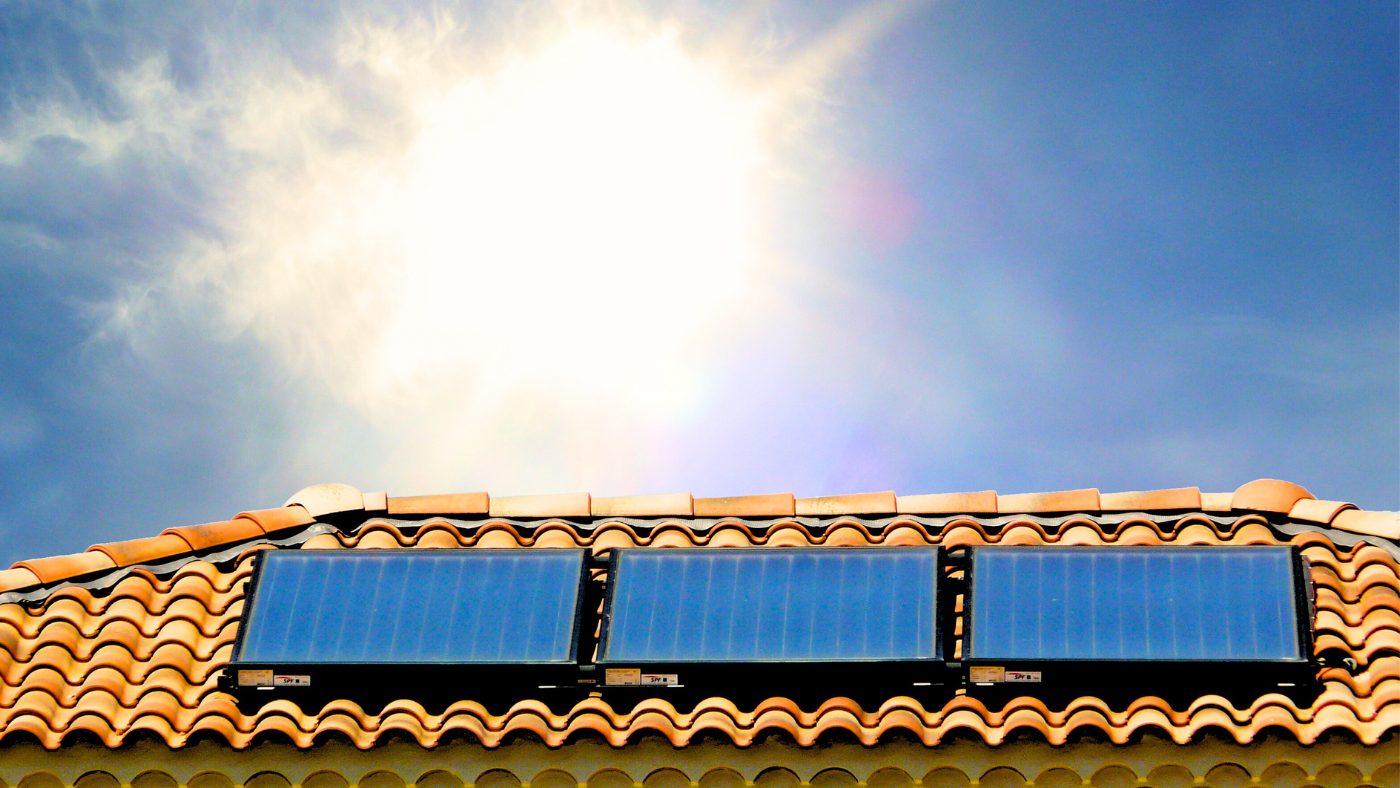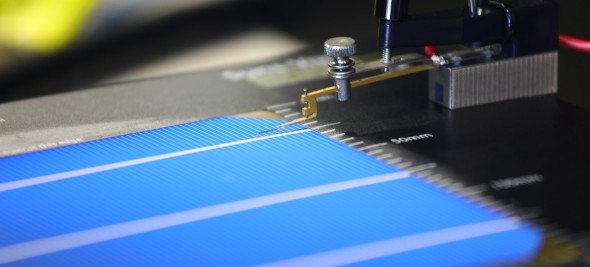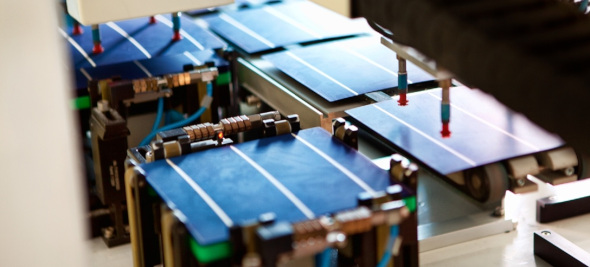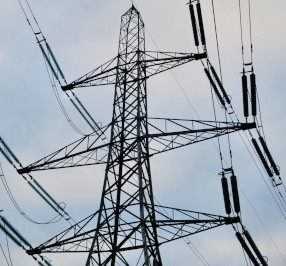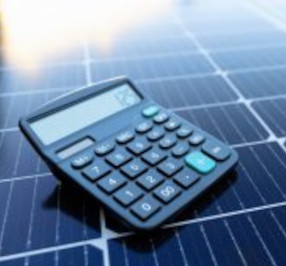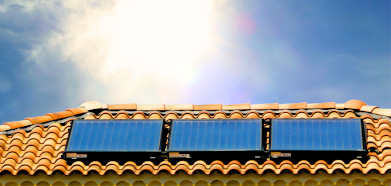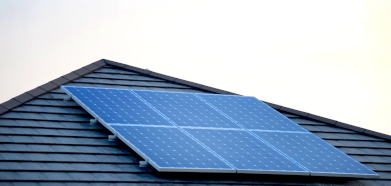Can Your Solar Panels Handle the Heat?
Solar Panels Handle the Heat: Essential Steps for Longevity
 Do solar panels work in extreme temperatures?
Do solar panels work in extreme temperatures?
There has been a lot of speculation in the news recently about the effect extreme hot weather has on solar panels systems. As the UK is currently experiencing soaring temperatures of above 30C (can we believe it). Many have raised concerns that this heat is getting too hot for their solar systems to function efficiently! We are here to put your mind at ease.
Solar Panels for homes are built to withstand extreme weather in a variety of climates all around the globe, this includes weather such as wind, rain, hail, storms and heat! When installing a solar system, your solar company will ensure that there is an air gap. This is space between the solar panel mounting and the roof which allows for enough room to ensure there is a free flow of air above and below the solar panels, preventing heat build-up, which during a hot day will help to keep your solar system cool. Solar panels are also designed with innovative cooling materials that ensure that solar panels don’t just cut out or melt when exposed to high temperatures.
Solar panels are also built to function in temperatures ranging from as low as -40C to as temperatures as high as +85C. Hence why they can still function efficiently in countries that experience a much warmer climate than the UK, such as Dubai, Morocco, Spain, Australia and more. Dubai continually invests in solar energy with many large-scale solar projects as well as one of the world’s largest solar parks, even though they can experience temperatures of up to 52.1ºC. You can view an estimate of solar output in Dubai using the brilliant Sham's Dubai Calculator. Australia also actively invests in solar and is one of the leading countries in the world for solar panel installations, with the Australian climate can see highs of 44.6°C.
According to Solar Energy UK, solar panel performance falls by 0.34 percentage points for every degree that the temperature rises above 25C. The UK’s leading technical expert on solar technology, Alastair Buckley, Professor of Organic Electronics at the University of Sheffield, stated; "It’s not actually a big deal. High temperatures only marginally affect the overall output of solar power – it’s a secondary effect"
During the summer period the days are longer and have prolonged periods of clearer skies, this also means that solar power generates much more electricity during the summer due to longer exposure and having more time to produce electricity every day, so even if the efficiency in a short period falls slightly, you will still be producing more than enough energy.
Fossil fuel now generates just 2% of the country’s electricity, whereas, according to the BBC, over the past seven days solar energy has contributed 9.2% to the UK’s electricity! In comparison to the 4.3% of solar power contributed for the whole of 2022! It is evident that solar power is on the rise and is looking more promising than ever to provide the UK a greener future.
Be a part of the solar energy revolution and get in touch with a member of the team today!


 It Only Takes a Minute
It Only Takes a Minute





